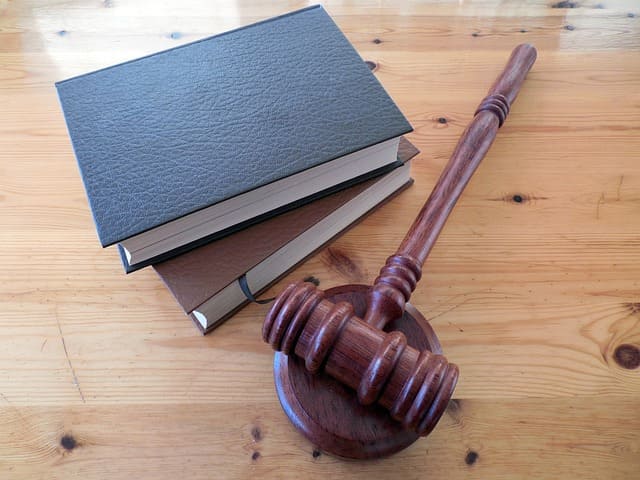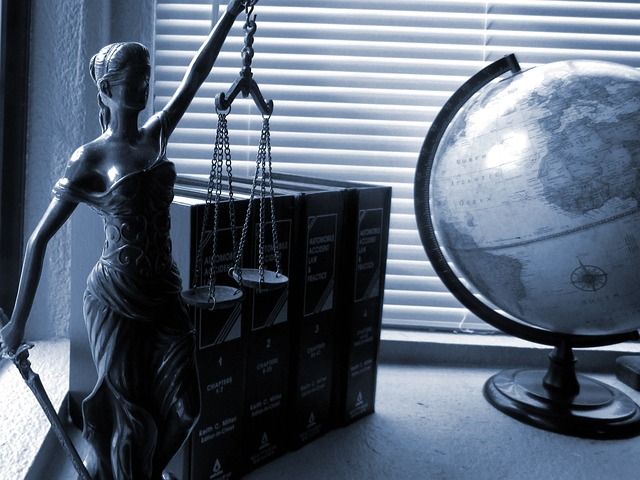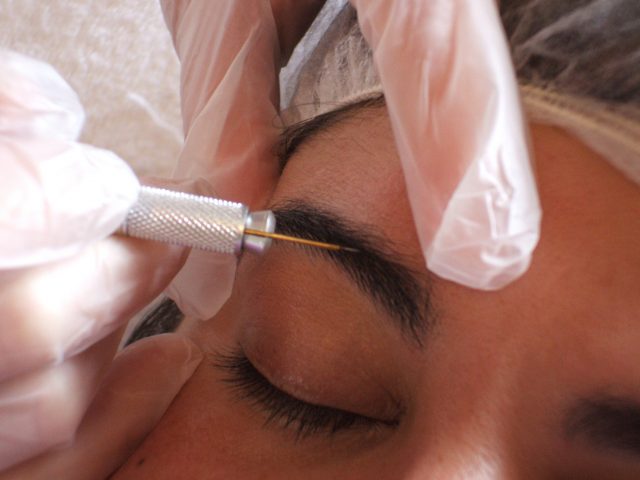
Accidents are unexpected and, unfortunately, can have devastating consequences. Whether it’s a car crash, a slip and fall, or a workplace injury, the aftermath often involves a whirlwind of medical bills, emotional distress, and lost wages. In many cases, the victim may be entitled to compensation through a personal injury claim. If you’re navigating this process for the first time, it can be daunting. However, by following the right steps, you can ensure your rights are protected and that you get the compensation you deserve. Here’s a comprehensive guide on how to handle a personal injury claim after an accident.
1. Seek Immediate Medical Attention
The most important step following any accident is to seek medical care right away, even if you don’t feel hurt at the time. Some injuries, like concussions or internal bleeding, may not manifest immediately. Getting a medical evaluation not only ensures your health and safety but also provides documentation for your injuries. This medical record will serve as crucial evidence in your personal injury claim, establishing a direct link between the accident and your injuries.
Why this is important:
- Delayed treatment may weaken your claim. Insurance companies could argue that your injuries are unrelated to the accident or not as severe as you claim.
- Some injuries have delayed symptoms, and prompt medical attention can prevent further complications.
2. Document the Accident Scene
As soon as you’re safe and able to do so, start documenting the scene of the accident. Take pictures of the accident site, any visible injuries, property damage, and any contributing factors (like poor road conditions or hazards in a workplace). If there were any witnesses, try to get their contact information and a brief statement if possible.
What to document:
- Photos or videos of the accident scene
- The other party’s information (if applicable), including their insurance details
- Weather conditions or any environmental factors that may have played a role
- Statements from witnesses, as their testimony can strengthen your case later
3. Report the Accident
Depending on the type of accident, it is critical to report the incident to the relevant authorities. For car accidents, this means calling the police. In a workplace injury, it means notifying your employer. Ensure that you get a copy of the police report or workplace incident report, as this will be important for your claim.
Why this is important:
- Official reports provide third-party documentation of the event, which can be hard evidence when negotiating with insurance companies.
- If the accident is not reported, it may be more challenging to prove your case.
4. Notify Your Insurance Company
Most insurance policies require policyholders to report an accident within a specific timeframe, typically 24-72 hours. If you delay notifying your insurer, they might deny your claim. However, it’s important to stick to the facts when speaking with your insurance adjuster. Avoid making speculative statements, admitting fault, or discussing the extent of your injuries before a full medical evaluation.
What to do:
- File a prompt report but provide only factual details.
- Avoid giving recorded statements or signing any documents without consulting an attorney, especially if you feel unsure.
5. Consult a Personal Injury Attorney
While it may be tempting to handle your claim on your own, having a personal injury lawyer can make a significant difference in the outcome of your case. Insurance companies often have teams of adjusters and attorneys whose primary goal is to minimize payouts. A personal injury attorney, on the other hand, works to protect your rights and ensure that you receive fair compensation.
Benefits of hiring an attorney:
- Legal expertise: An attorney can help you understand the nuances of personal injury law and the specific factors that will impact your claim.
- Negotiation power: Insurance companies are more likely to offer a fair settlement when they know you have legal representation.
- Maximizing compensation: Your attorney can help you pursue compensation not only for medical bills but also for lost wages, pain and suffering, and other damages.
6. Determine the Value of Your Claim
Once you have an attorney, one of the first things they will help you do is determine the value of your personal injury claim. This value will depend on several factors, including the severity of your injuries, the impact on your ability to work, and the level of negligence involved in the accident. Typically, personal injury claims include:
- Medical expenses: This covers both immediate and ongoing treatment related to your injuries, including surgery, rehabilitation, and future medical care.
- Lost wages: If your injuries prevent you from working, you can seek compensation for lost income and any reduction in earning capacity.
- Pain and suffering: In addition to financial losses, you may be compensated for the physical pain and emotional distress resulting from the accident.
- Property damage: If your vehicle or other personal property was damaged, you can claim repairs or replacement costs.
7. File Your Claim
Filing a personal injury claim can be done in two ways: through an insurance claim or a lawsuit. If the liable party has insurance, your attorney will typically negotiate with the insurance company first to reach a fair settlement. If a satisfactory settlement cannot be reached, your attorney may recommend filing a lawsuit.
Types of personal injury claims:
- Third-party insurance claims: In cases like car accidents, the other driver’s insurance may be responsible for paying damages.
- First-party insurance claims: If the at-fault party is uninsured or underinsured, or if the accident occurred at work, you may need to file with your own insurance company.
- Lawsuits: If settlement negotiations fail or the responsible party does not have insurance, you may pursue a lawsuit for compensation.
8. Be Patient with the Claims Process
Personal injury claims can take time to resolve. While it might be tempting to accept a quick settlement offer, doing so may leave you with less compensation than you deserve. Insurance companies often make initial lowball offers in hopes of settling the claim quickly. Be patient and let your attorney negotiate the best possible settlement on your behalf.

Reasons to wait:
- Settlements should cover both your current and future expenses related to the injury.
- Rushing the process may prevent you from accurately assessing the full extent of your damages.
9. Prepare for Possible Litigation
While many personal injury cases settle before going to trial, some may require litigation. If your case does proceed to court, your attorney will prepare all necessary documentation, gather evidence, and represent you before a judge and jury. Litigation can be a longer, more stressful process, but it may be necessary if the insurance company refuses to offer a fair settlement.
10. Accept a Fair Settlement
Once negotiations have concluded, and you’ve reached a settlement offer that adequately covers your medical expenses, lost wages, and pain and suffering, your attorney will guide you through the process of accepting the settlement. Be sure that the settlement includes all foreseeable future expenses related to your injuries.
What to ensure before accepting:
- All medical treatments and future care costs are considered.
- Any long-term impacts on your ability to work are factored in.
- The settlement reflects a fair amount for non-economic damages like emotional distress or pain.
Conclusion
Handling a personal injury claim after an accident can be complex, but by following these steps, you can protect your rights and maximize your compensation. Always seek immediate medical attention, document the accident, and consult a personal injury attorney who can guide you through the legal process. Most importantly, don’t rush the process—take the time to ensure that your settlement is fair and that it covers all your losses. Visit MRH Solicitors if you need more information or have any questions about how to handle a personal injury claim after an accident.









